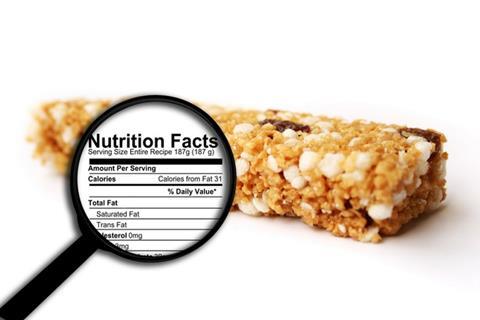
For most bakery producers, the clean label concept involves making use of as few ingredients as possible that consumers recognise as wholesome and natural. But today, clean also means green, highlighting opportunities for ingredients and products that can deliver on that ‘better for me, better for the planet’ message.
The Clean Label Webinar – hosted by British Baker’s sister journal BakeryandSnacks – is tapping some of the best minds the sector has to offer to explore exactly what clean label means – both for people and the planet.
While there is no official definition, clean label is, in fact, a movement following perceived consumer perception, purportedly borne out of a desire to avoid genetically modified foods in the late 1990s. It has subsequently evolved further to mean so much more – which is admittedly causing confusion – but consumers, especially the big-spender millennials, know what clean label is when they see it.
They are dedicated followers of product labels and will avoid any that sport an extensive ingredients list. Anything chemical-sounding and unidentifiable is taboo, as are those that are perceived to be artificial or synthetic, and those that serve no nutritional or functional benefit.
Inauthentic, unwanted and incomparable
The trend started as an industry response to consumer concern about inauthentic ingredients, like genetically modified organisms and those with an artificial image like MSG. It’s progressed to include unwanted substances such as pesticides, hormones, micro-plastics and antibiotics, but also incomparable ingredients. Flour, for example, in baking is on-point, but has no place as a thickener in say, yoghurt.
It’s not limited to labels either and also applies to packaging. A clean package is one that should not appear to be wasteful or damaging to the environment. A hot topic in the UK now – and in many countries around the world – is Extended Producer Responsibility (EPR), to fight the deluge of post-consumer waste being deposited in landfill and polluting our land and oceans.
So, it’s essential that packaging today not only does its job in protecting a product and marketing what’s inside, but must also be recyclable, compostable or have the ability to be reused or upcycled. That’s clean label.
This is, obviously, all having a major impact on new product development and market researchers estimate the global clean label market will tip the $43-$47bn mark by 2030.
Your questions answered
To dig down and unpack this complex subject, BakeryandSnacks has enlisted a panel of industry leaders to take to the podium on 29 September and share their insight. The 60-minute info-packed session delves into the challenges of this megatrend, how it’s shaping consumer behaviour, its forecasted shelf life, and what producers should be doing to play their part.
Tapping into their vast reserves of insights are:
- Sebastian Emig, director general of the European Snacks Association
- Marcia Mogelonsky, director of Insight for Mintel Food & Drink
- Harriet Heath, Reformulation for Health executive for Food and Drink Scotland.
Moderated by BakeryandSnacks’ editor Gill Hyslop, some of the topics to be explored include:
- Do you think there ought to be one universally accepted definition of clean label across the board?
- What are the technical realities of dropping and swapping ingredients? And the costs?
- How are the raft of challenges we are facing today – the pandemic, the inflationary environment, tense labour supply, shortage of ingredients – impacting the movement?
So many points to consider and making it even more challenging is the fact that consumer demand constantly fluctuates.
The BakeryandSnacks Clean Label webinar is set to inform, inspire and instruct and should not be missed – no matter your role in the company. Attendees will be able to put their burning questions to the panel by submitting them upon registration.
It’s live on Thursday, 29 September at 3pm UK/4pm CET/9am CT. If you can’t make the live event, register anyway. The webinar will be made available to registrants after the broadcast date as an on-demand presentation.
Register here for this free event, which is sponsored by Cargill.



















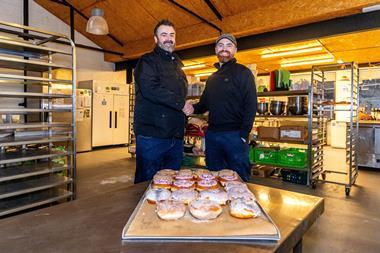
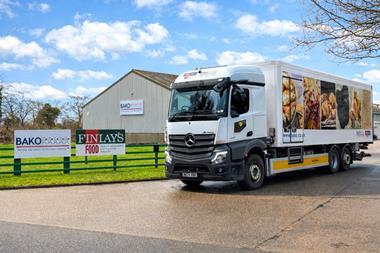
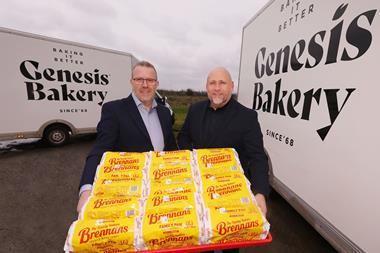

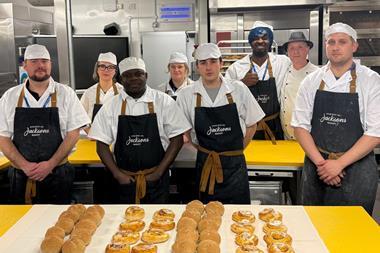
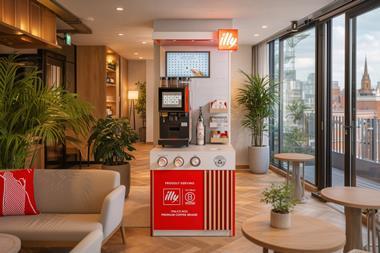


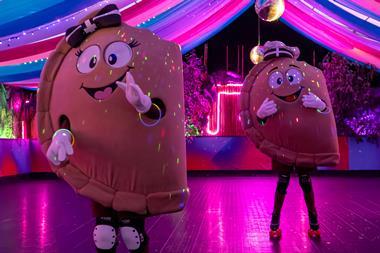
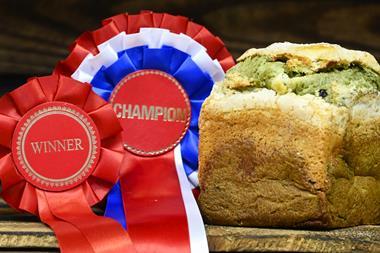



No comments yet